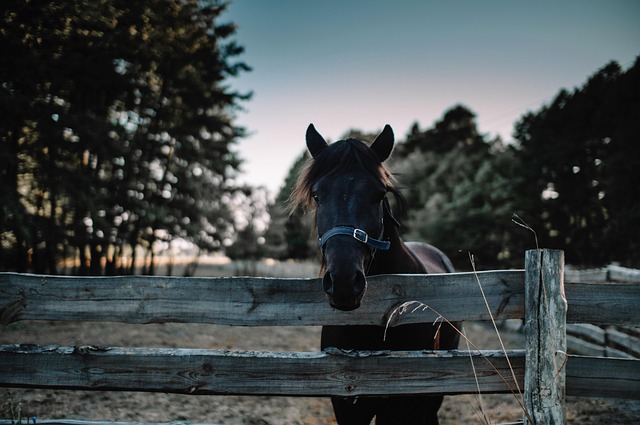In New Bedford, MA, the push for eco-friendly living has extended to backyard transformations. This article explores the growing trend of sustainable fencing materials and their numerous benefits for both homeowners and the environment. From recycled plastic to organic wood alternatives, we delve into the diverse eco-friendly fencing options available. We also break down the advantages, from reduced environmental impact to enhanced property values, guiding readers in making informed choices for their New Bedford properties while embracing a greener future.
- Eco-Friendly Fencing Options for New Bedford
- Benefits of Sustainable Fencing Materials
- Choosing the Right Green Fence for Your Property
- Installing Eco-Conscious Fences in Massachusetts
Eco-Friendly Fencing Options for New Bedford
New Bedford residents now have a growing array of eco-friendly fencing options to choose from. Beyond traditional materials like wood and vinyl, sustainable alternatives such as recycled plastic, bamboo, and plant-based composites are gaining popularity. These innovative options not only contribute to a cleaner environment but also offer unique aesthetic appeal and long-term durability.
For instance, recycled plastic fencing is made from post-consumer waste, reducing the demand for new materials and diverting them from landfills. Bamboo fencing, known for its rapid growth and strength, provides a natural look that enhances outdoor spaces. Plant-based composites, often derived from wood chips and biodegradable plastics, offer the versatility of traditional fencing while minimizing the carbon footprint associated with manufacturing. These eco-friendly options are not just trends; they represent a significant step towards a more sustainable future for New Bedford’s landscapes.
Benefits of Sustainable Fencing Materials
In an era where environmental consciousness is on the rise, choosing sustainable fencing materials offers a myriad of benefits for both homeowners and the local ecosystem in New Bedford, MA. These eco-friendly options not only contribute to a greener planet but also provide long-lasting, aesthetically pleasing solutions for your outdoor spaces. One significant advantage is their reduced environmental impact; unlike traditional materials that can take years to decompose or be made from non-renewable resources, sustainable fencing is typically produced from recycled or readily available natural materials, minimizing waste and carbon footprint.
Additionally, these materials often boast superior durability and resistance, ensuring your fence stands the test of time. Many eco-friendly options are designed to withstand harsh weather conditions, maintain their integrity, and require minimal maintenance, saving you time and money in the long run. They also provide an opportunity to enhance wildlife habitat by selecting materials that support local biodiversity, such as those made from wood or bamboo that are naturally adaptable to various ecosystems.
Choosing the Right Green Fence for Your Property
When selecting an eco-friendly fence for your New Bedford property, consider its aesthetic appeal, functionality, and environmental benefits. Different materials offer unique advantages; for instance, recycled plastic fences are durable and low-maintenance while still being a sustainable choice. Bamboo is another excellent option known for its fast growth rate and natural beauty.
Match the fence’s purpose to the material. Privacy? Then a dense, solid barrier like reclaimed wood might be ideal. Security? Metal fencing with intricate designs can provide robust protection without compromising aesthetics. Always assess your needs and preferences to ensure the chosen green fence complements your landscape and serves its intended purpose effectively.
Installing Eco-Conscious Fences in Massachusetts
Installing eco-conscious fences in Massachusetts, like New Bedford, offers a harmonious blend of environmental stewardship and aesthetic appeal. Homeowners and businesses are increasingly embracing natural fencing materials such as wood from sustainable sources, bamboo, and recycled plastic. These options not only reduce the carbon footprint associated with traditional vinyl or metal fences but also provide long-term durability and low maintenance.
In New Bedford, local regulations and incentives often support the adoption of eco-friendly fencing practices. Proper installation techniques ensure these natural barriers enhance outdoor spaces while promoting biodiversity by providing habitats for local wildlife. As Massachusetts continues to prioritize sustainability, opting for green fencing solutions contributes to a greener, more resilient community.
